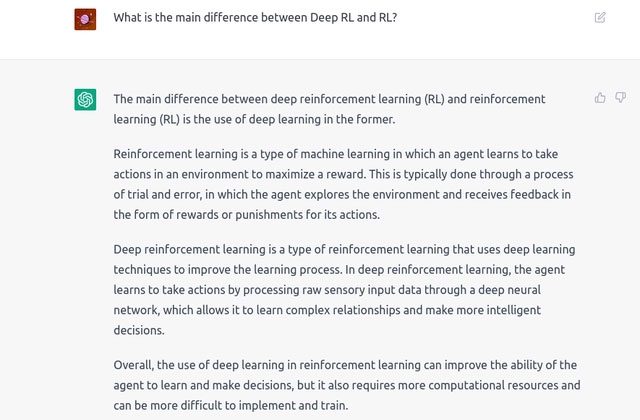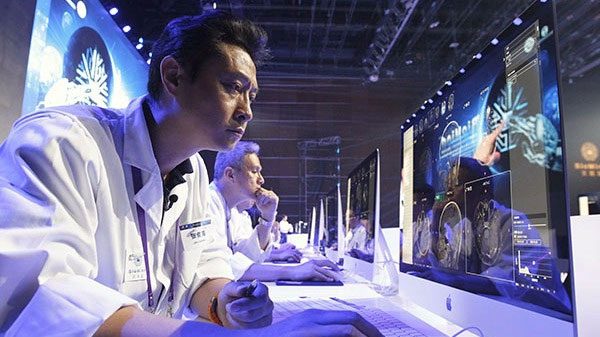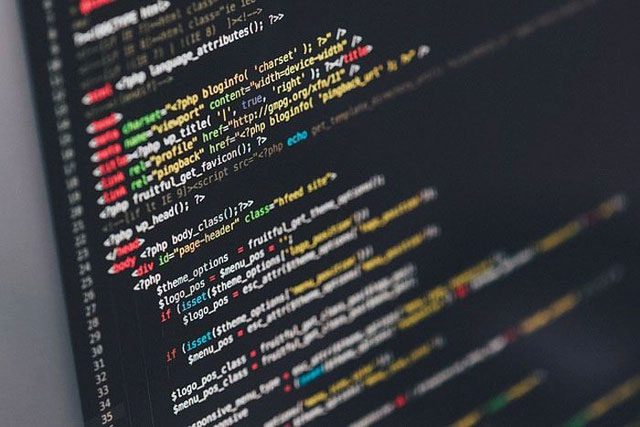The impressive features of ChatGPT – the renowned artificial intelligence (AI) application that has recently gained popularity, reignite the question: Are AI applications replacing human jobs?
AI – A “Jack of All Trades”?
Few individuals express concerns about Artificial Intelligence (AI) as strongly as Elon Musk. This is surprising not only because he is a famous tech CEO but also because this billionaire is one of the leading figures in the field. Musk was a founding member of OpenAI – the organization behind ChatGPT, and his company Tesla is also developing various AI features like robots and autonomous systems.

Billionaire Elon Musk is known for his skepticism about AI. (Source: Reuters)
When discussing his own AI, Musk shares opinions that highlight his high regard for the power and potential of AI, while simultaneously believing that AI will completely change how humans live and work: “They will create a prosperous future, free of poverty, where humans can do what they enjoy. In other words, AI makes all jobs meaningless and redundant.”
Predictions have become even stronger since the emergence of advanced chatbots capable of handling complex requests. For instance, ChatGPT, dubbed the “super chatbot”, answers a myriad of user questions, such as planning workouts, composing poetry, writing rap lyrics, or even crafting essays. This tool has even surpassed some university tests in various fields, including law and business administration, thanks to its ability to synthesize information and edit texts smoothly like a human writer.

ChatGPT can fulfill various user requests. (Source: DW)
Richard DeVere, a technology expert at Ultima research firm, assesses: “I believe tools like ChatGPT could replace about 20% of the current workforce. Robots may not directly replace your job, but a person assisted by a robot could.” Some other experts even suggest that 50-70% of jobs could be replaced by AI in the future.
In fact, some businesses and organizations have already begun using AI tools for their operations. Like ChatGPT, another notable chatbot, Jounce AI, is emerging as an effective tool for generating advertising ideas. Even business leaders, like Jeff Maggioncalda – CEO of the renowned online education platform Coursera, have stated that they are using ChatGPT as a tool for brainstorming.
Recently, the news outlet Buzzfeed announced its plan to implement AI features provided by OpenAI – the developer of ChatGPT in its editorial and content production activities. Notably, this move comes in the wake of the company laying off nearly 180 employees, accounting for about 12% of its workforce at the end of last year.

Buzzfeed implements AI in content editing after workforce reductions. (Source: Reuters)
Expert Aljoscha Burchardt from the AI research center in Germany commented: “We have been working with AI extensively without realizing it. For example, translation tools, information search, or navigation – many small features that we often overlook. ChatGPT could change the current landscape.”
Realistic Prospects of AI Replacing Jobs
While acknowledging the potential of AI, many experts argue that these systems are unlikely to threaten human employment, at least at the present moment.
Geri Cupi, CEO of Twig – a fintech startup in the UK integrating ChatGPT into user interaction features, commented: “I believe that recent advances in AI will positively impact the future of work. AI will help improve human living conditions in general and free the workforce from repetitive and time-consuming tasks.”

High-skilled workers like doctors will still be hard to replace in the AI era. (Source: WEF).
Experts also note that those least affected by the AI wave will be high-skilled workers, such as those in creative jobs, doctors, lawyers, or scientific researchers. Technology expert Richard DeVere remarked: “People in creative fields have nothing to worry about; on the contrary, they can leverage AI developments to strengthen and specialize their professional skills.”
German researcher Aljoscha Burchardt also shares this view: “For instance, doctors or nurses could spend up to 60% of their working hours on paperwork. If these tasks are transferred to machines, they will be able to provide better care for patients.”
However, as Burchardt stated, humans still need to consider which tasks should be delegated to AI. Recently, CBS released a list of jobs most susceptible to replacement, including drafting standard documents, market research, creating advertising content, and programming simple features.

Simple programming jobs may be replaced by AI. (Source: CBS)
Even some more complex jobs, such as instructors, journalists, or financial analysts, could face challenges as language models like ChatGPT are refined to provide more accurate and comprehensive data.
Overall, experts believe that this will be a long process, and humans still have enough time to adapt. DeVere commented: “Humans will not lose their jobs overnight. But the first wave will hit those with the least expertise, and jobs that are frequently supported by various AI features.”





















































